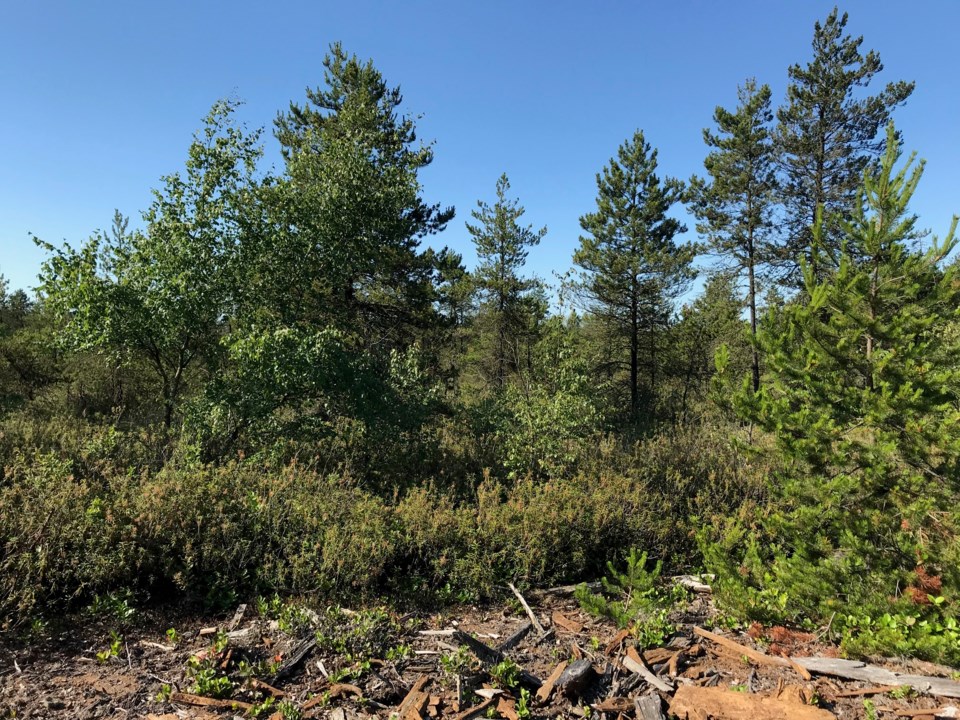The City of Delta is planning to further reduce the risk of wildfires in Burns Bog as well as Watershed Park.
A new fuel management prescription was recently completed for several moderate to high risk parcels in the bog and park.
The city received a grant last year to hire a consultant with expertise in fuel management prescriptions to develop plans for those areas, identifying vegetation treatments that will reduce wildfire risk in natural areas that interface with residences and critical infrastructure.
Several stakeholders were provided an opportunity to comment on the project including First Nations, B.C. Wildfire Service, B.C. Conservation Data Centre, Burns Bog Conservation Society, Cougar Creek Streamkeepers, Burns Bog Scientific Advisory Panel and Metro Vancouver regional parks staff, as well as an internal working group of Delta staff.
The measures proposed are for the eight parcels and include retaining live fire-resistant tree and shrub species, leaving stumps and logs in place for wildlife habitat, but removing suppressed or dead trees.
In the Burns Bog parcels, the measures would also include, among other things, thinning out smaller trees that pose a fire risk and removing hemlock and most birch trees, while in Watershed Park, parcels of smaller trees of a certain trunk diameter would be thinned out to a target density of 490-to-550 stems per hectare.
The plan is to start fuel treatment operations at the 72nd St. communications tower site at the bog.
A staff report notes the tower is critical infrastructure for day-to-day operations of the municipality.
The site has road access, which means that fuel treatment operations will pose a lower risk to the environment than for other parcels in the bog.
There is no public access to that location, which also reduces operational risks.
Beginning with that site will allow the city to assess the costs and challenges associated with this type of work prior to expanding the program to other areas in Burns Bog and Watershed Park, the report explains.
Applications have been submitted to the Union of B.C. Municipalities Community Resiliency Investment program for funding to implement the program.
Based on the high risk level of the 72nd Street parcel, the city would be eligible for the highest funding level at $150,000 for fuel treatment work, the report notes.
Prior to any fuel treatment works, a public awareness campaign will take place to explain the project rationale and benefits to Delta residents, including an estimate of the number of live trees to be removed and replaced, as well as steps that will be taken to minimize or mitigate impacts of fuel treatment operations on wildlife.
The report adds that any live trees that are removed in interface areas to reduce fire risk to homes and infrastructure will be replaced according to Delta's tree bylaws, but only if they meet the definition of a tree in the bylaws.
Replacement trees will be planted in other areas of the city outside of the treatment parcels in other areas.
Most of the trees recommended for removal in Watershed Park will fall below the bylaw threshold and will not require replacement.



